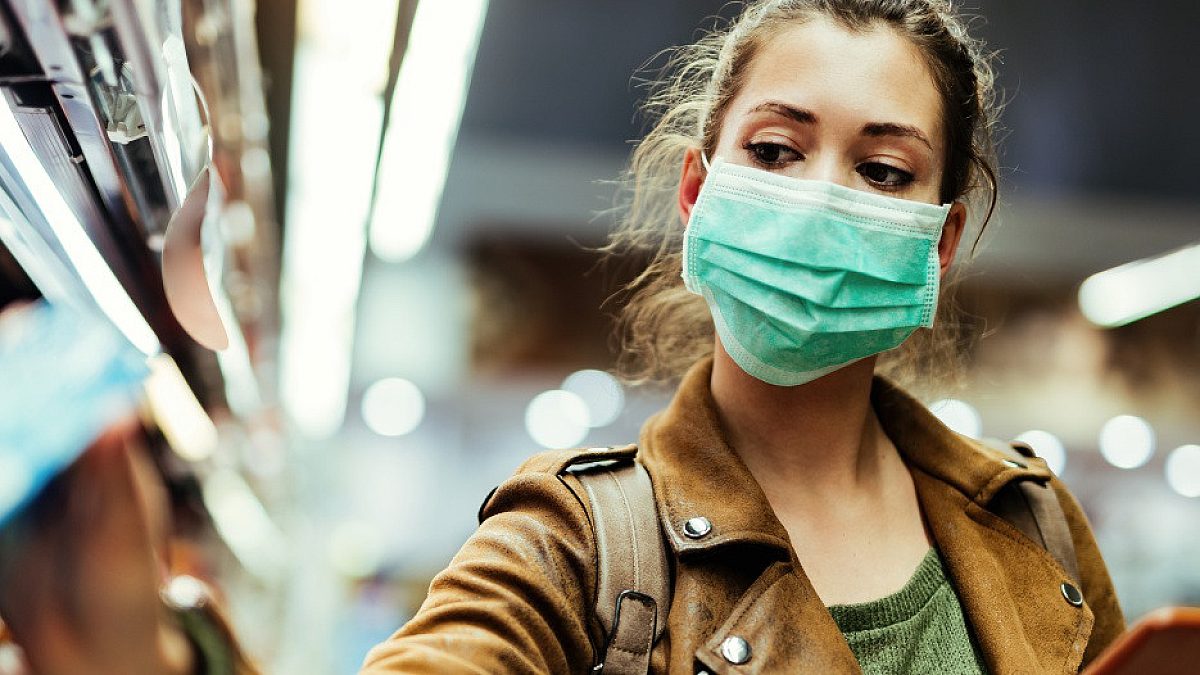Why We Fear the Food We Eat
TOPICS
Food ExpendituresGuest Author
Special Contributor to FB.org

photo credit: Getty Images
Guest Author
Special Contributor to FB.org
By Jack Bobo @Jack_A_Bobo
Our food has never been safer, so why is it that consumers have never been more concerned? And here’s another paradox: At a time when consumers have never known more about nutrition, why is it that obesity is at an all-time high?
From fad diets to panic buying, the decisions we make about the foods we buy and the foods we eat are often the result of hidden influences of which we are little aware. The rise of “clean eating” and the marketing of “natural” foods has not made us feel safer. Instead, these trends leave us less certain and less confident in the food choices we make.
The COVID-19 pandemic has made people think a lot about where their food comes over the last few months.
The COVID-19 pandemic has made people think a lot about where their food comes over the last few months. Consumers are asking: 1) who produced their food and where 2) who picked, processed and packaged it 3) how did it get to the food processor and then to the grocery store, and, finally 4) who placed it on the shelves?
It is not always easy to understand what consumers want. There are many types of consumers after all – rich and poor, vegan and follower of the Paleo diet. However, even when we have a single consumer in mind, their desires can be hard to decipher. The invisible influences that guide our decisions go largely unnoticed.
Just as students look for shortcuts to get their homework done, our minds look for shortcuts in making decisions. These shortcuts can keep us from going crazy, but they can also lead us to bad decisions.
Most of us are familiar with confirmation bias, a mental shortcut that leads us to seek out information that confirms our beliefs and ignore or discount information inconsistent with our beliefs. It’s easy to see this bias in others, but remarkably difficult to recognize it in ourselves.
Confirmation bias influences many of our food decisions. From the products we buy to the brands we follow, our perceptions, likes, and dislikes are shaped by this, and other, biases.
It’s easy to laugh or feel frustrated when celebrities like Gwyneth Paltrow say things like, “I don’t think anything natural can be bad for you,” knowing as we do that salmonella and the new coronavirus are both “natural.” The “naturalness bias” leads people to believe that foods with a natural label are both better and safer than foods without the label.
How we talk about food matters.
The COVID-19 pandemic could leave consumers more fearful of the safety of the foods they buy, exacerbating fears about pesticides, preservatives and synthetic ingredients. But, food fear does more than simply influence the foods we buy, it undermines confidence in the entire food system.
Instead of fanning food fear, the pandemic could lead consumers to view food as a means of promoting better health. By reframing the conversation around food from the risks to the benefits, we could build confidence in our food. The goal is to help people fear less, and enjoy more, the food they eat.
If we do a better job telling the story of agriculture, consumers will come to see agriculture as the solution to our problems, rather than the problem to be solved. Everybody in the food supply chain has a role in shifting this narrative. It starts with a better understanding of consumer psychology and ends with a better appreciation of the people who grow, transport, process, package and sell the food we eat.
Jack Bobo is CEO of Futurity. He travels the world discussing the future of food and how to sustainably and nutritiously feed the world in 2050.
Top Issues
VIEW ALL